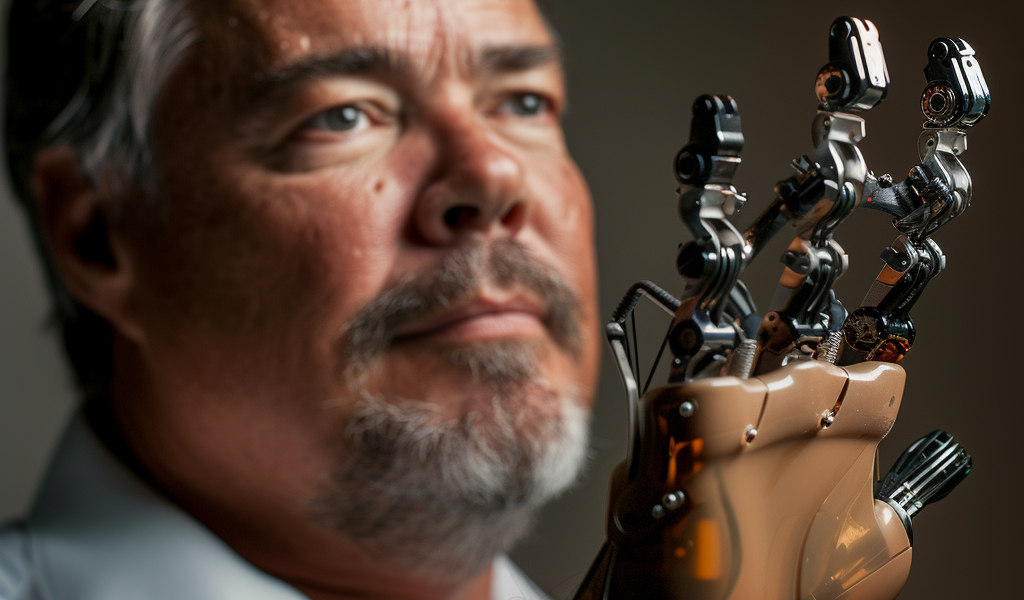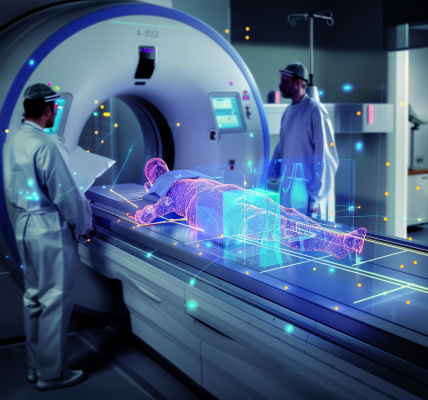Amputee Uses Prosthesis to Feel Heat with Missing Hand
A breakthrough in prosthetic technology has allowed a 57-year-old man with an amputated hand to experience the sensation of heat. Developed by researchers from Switzerland and Italy, the new prosthesis enables the user to differentiate between different materials based on their temperature.
This pioneering advancement marks the first time that the natural sensation of temperature has been integrated into a functional prosthesis. The Swiss Federal Institute of Technology Lausanne (EPFL) and the Scuola Superiore Sant’Anna in Pisa, Italy, unveiled the results in the scientific journal Med by Cell Press.
Silvestro Micera, one of the lead authors of the study, expressed his excitement, stating, “For the first time, we are really close to restoring the full range of sensations for amputees.”
The device, named “Mini Touch,” has garnered not only the researchers’ enthusiasm but also the appreciation of the study participant, Fabrizio. He shared his experience, saying, “When one of the researchers placed the sensor on his own body, I could feel the warmth of another person with my phantom hand. That was a very strong feeling for me, it was as if I was reactivating a connection with someone.”
The foundation for this groundbreaking development stemmed from a surprising discovery reported by the research team in a study published in the journal Science in May 2023. Thermo-electrodes placed on the stumps of the arms of amputees revealed a phenomenon termed thermal phantom sensation, where the temperature was felt on the missing hand rather than the arm stump.
Building on this concept, the researchers successfully integrated thermal phantom sensation into the prosthesis, known as Mini Touch. The next phase involves making this innovation, currently tested only in the lab, accessible for wider use. However, it may not benefit all individuals with amputated hands, as only 17 out of 27 test subjects experienced a phantom thermal sensation in the initial study.





